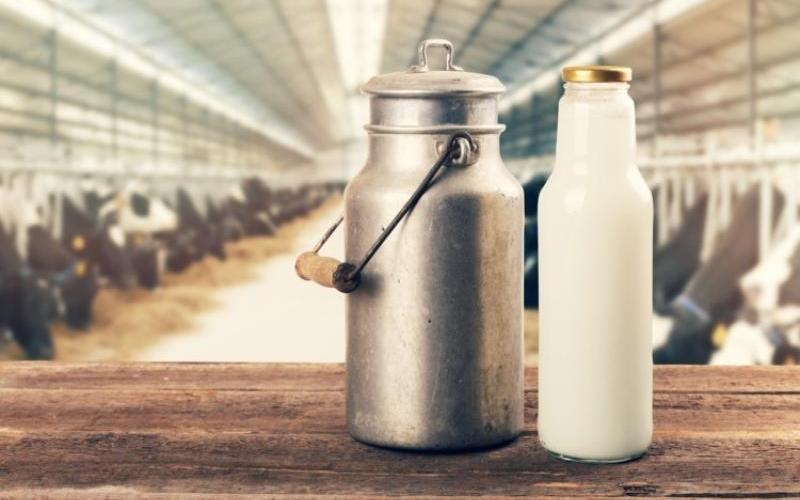Italy plans to ban synthetic food products
The lower house of the Italian parliament began discussing a bill to ban the production, import and sale of synthetic food. Previously, the corresponding proposal had already been approved in the upper house (Senate).

Thus, Italy will become the first country to ban synthetic food products, notes the Euractiv portal. This initiative was supported by the Minister of Agriculture and Food Sovereignty, Francesco Lollobrigida. The legislative initiative was given impetus by the Italian association of agricultural producers Coldiretti, which conducted an information campaign and collected more than 2 million signatures in support of the bill. According to her, three out of four Italians (74%) do not want the spread of “food created in a laboratory.”
“The general mistrust confirms the need to respect the precautionary principle in the face of a new technology with many unknowns, which risks changing people’s lives and the environment,” explains Coldiretti President Ettore Prandini, emphasizing that Coldiretti calls on European institutions to be more vigilant and “in authorization processes not to equate laboratory products to new food products, but rather to pharmaceutical products."
He also recalled that studies by the Food and Agriculture Organization of the United Nations and the World Health Organization on cell-based foods point to risks associated with disease transmission, animal infections and microbial contamination.
“Particular care must be taken in the use of components such as growth factors and hormones used in bioreactors. They have been banned on European farms for more than 40 years,” said Ettore Prandini.
His association also denies that livestock farming is associated with increased emissions of carbon dioxide into the atmosphere, which makes it incomparable with the growing needs for meat of the increasing population of the Earth. According to calculations provided by Coldiretti, the ratio of carbon dioxide released for each 1 kg of synthetic meat produced is 4-25 times higher than in traditional animal husbandry.
Previously, the Italian government decided to distance and place flour containing insect powder additives on separate shelves in supermarkets.
“The general mistrust confirms the need to respect the precautionary principle in the face of a new technology with many unknowns, which risks changing people’s lives and the environment,” explains Coldiretti President Ettore Prandini, emphasizing that Coldiretti calls on European institutions to be more vigilant and “in authorization processes not to equate laboratory products to new food products, but rather to pharmaceutical products."
He also recalled that studies by the Food and Agriculture Organization of the United Nations and the World Health Organization on cell-based foods point to risks associated with disease transmission, animal infections and microbial contamination.
“Particular care must be taken in the use of components such as growth factors and hormones used in bioreactors. They have been banned on European farms for more than 40 years,” said Ettore Prandini.
His association also denies that livestock farming is associated with increased emissions of carbon dioxide into the atmosphere, which makes it incomparable with the growing needs for meat of the increasing population of the Earth. According to calculations provided by Coldiretti, the ratio of carbon dioxide released for each 1 kg of synthetic meat produced is 4-25 times higher than in traditional animal husbandry.
Previously, the Italian government decided to distance and place flour containing insect powder additives on separate shelves in supermarkets.









